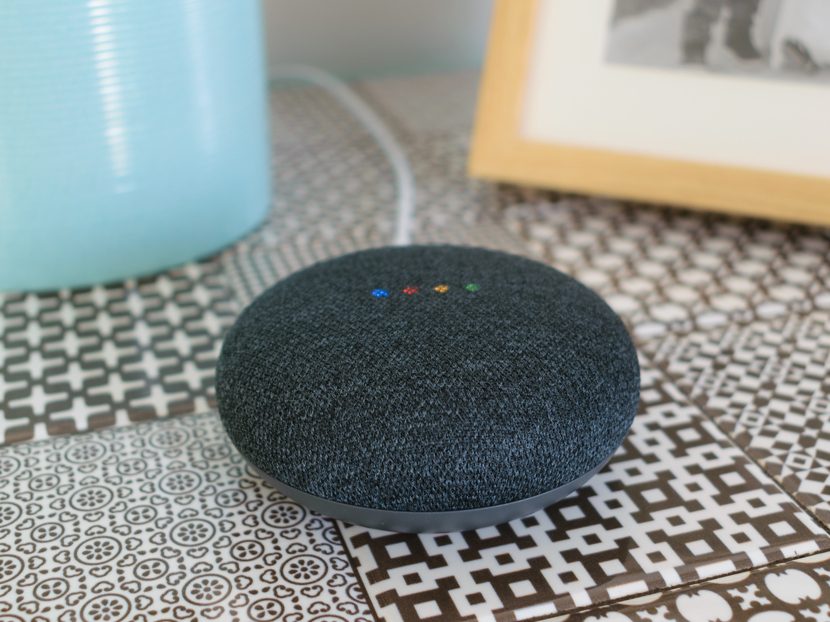Is Your Website Asking the Right Questions?
SEO optimization can launch your site into “Position Zero.”

In the changing world of Internet marketing, there is no "set it and forget it" option. As search engines — most notably Google — get smarter, the rules for search engine optimization (SEO) change, too. Whether you’re a plumber, HVAC technician or a company in the home services industry, ignoring changes to SEO can cost you clients.
What is Position Zero? Also known as the featured snippet, it’s the text answer that appears in a block at the top of Google search results, and it has been described as “the holy grail” of SEO. But the featured snippet only appears in Google results when the query is posed in the form of a question.
This relatively new feature of Google search results represents a fundamental change in the way Google ranks websites. Instead of rewarding stacked SEO keywords by themselves, Google is giving preference to key questions and short-form answers to those questions. So, while “Brooklyn HVAC” used to be fine, your website will have a better chance of getting Position Zero with “What does it cost to convert from oil to gas heat in Brooklyn?”
Optimize for voice search
The rise of voice search is the force driving this change in Google’s algorithm. More and more, your potential clients are using their voices instead of their keyboards to interact with the web. We speak differently than we type, using complete sentences instead of strings of keywords, so to get the best results for its customers, Google changed its algorithm to favor results that make sense as an answer to a question.
The piece that the search engine reads in response to your voice search question is the featured snippet, Position Zero. If your website is Position Zero when someone asks, “How do I fix a dripping faucet?” the search engine will read your snippet, along with the website it came from. Voice assistants such as Google, Siri and Alexa are with your clients all the time through their smartphones and smart home technology. This gives you access to your clients 24/7 and when they have the greatest need.
Increased adoption of smart speakers such as Google Home and Amazon Echo has also driven the question-based SEO revolution, and the trend is here to stay. A report from NPR and Edison Research indicates 36 percent of early mainstream adopters of this technology had used the speaker to find restaurants and businesses in their area in the week before the survey. In 73 percent of homes with smart speakers, the children in the home use the speaker. Of smart speaker owners with children, 25 percent say their kids use the speaker to get help with their homework.
Smart speaker sales are expected to increase by 50 percent in 2019. The next generation of consumers are already voice search natives, so it is vital to incorporate voice search optimization into your business’s marketing plan.
Tips for voice optimization
In an article for Forbes, Amine Rahal said he’s noticed more and more people “seem to be very comfortable taking a conversational approach with search engines,” and the behavior will only increase, replacing the search-and-scroll method:
“Search engines are now morphing into intelligent assistants capable of understanding complex queries and each user's intent behind queries,” Rahal writes. “As a business owner, you want your website to be ready for the next era of search. … As a business owner, use your website to identify and answer the most popular questions in your industry. Consider creating a Q&A section on your website with the most popular questions in your niche.”
Start by finding the right questions. Ask Google questions you think your potential clients are asking. Then, look at the “People Also Ask” section below the featured snippet. These are good questions to build into your website.
It may seem old-school, but the FAQ (frequently asked questions) page is making a comeback to help with voice optimization. Use question words such as who, what, when, where and why in the headings and limit answers to 40 or 50 words — the target length for a featured snippet.
Blogging also can help with voice optimization. Try creating blogs with question-based titles or subheadings, or use a Q&A format in the blog. Numbered lists and charts also find their way into Position Zero, as do how-to videos and tutorials. Others have reported voice search success after adding glossary of terms sections to their websites, defining the most common terms in their industries.
Getting the questions right and gaining a featured snippet spot builds trust with your potential clients and sets you apart as an expert in your field, according to Search Engine Watch:
“By earning the snippet, you are giving people the information they want right away, which results in them clicking through to learn more and gaining trust over your information. It’s a powerful strategy that all marketers should be bringing into their mix.”
Should you get help?
If you can edit your website, or have someone on staff who can, you can research and implement all these strategies on your own. That work, and the work needed to keep on top of the rapidly changing world of online marketing, can take you away from the vital task of running your business. An experienced PR firm can help, saving you time and money.
If you choose to partner with an outside team of experts to optimize your website for voice search, be sure to go with a PR firm with plenty of experience with home service or B2B clients. Its in-depth knowledge of key trends and FAQs in your industry will make crafting the perfect questions a turnkey process, getting you and your staff off the computer and into the field, doing what you do best.
Going forward, this partner can alert you to more changes in the ever-shifting world of online marketing, keeping you in Position Zero or the next SEO hot spot.
Resources mentioned in this column can be found at:
• The Smart Audio Report (NPR/Edison Research): https://bit.ly/2uzoR3I
• Sales increases of smart speakers (TechCrunch): https://tcrn.ch/2CdPW0Q
• The search landscape in 2019 (Forbes): https://bit.ly/2GeDvFW
• Optimizing content for Q&As (Search Engine Watch): https://bit.ly/2vHO797





